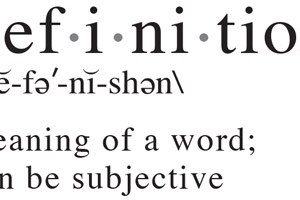This is part 5 of the Cheap Religion series, which discusses Monopsony. Links to parts one, two, three, and four are at their respective numbers. Today, we will directly examine the economic concept of monopsony.
Table of Contents
Monopsony – What is it?
Monopsony was an economic situation described by Joan Robinson in her work “The Economics of Imperfect Competition.” Monopsony is a situation with only one buyer for a specific type of good. Because there is only one buyer, the buyer dictates the price. Therefore, it undervalues the price of the good, giving the buyer increased returns on their purchase.
Sometimes, the most straightforward way to think about it is in terms of a monopoly. If a monopoly is only one seller, then a monopsony is only one buyer. Imagine how a monopoly wreaks havoc with the free-market capitalist system. A monopsony can do the same thing.
From a policy standpoint, America has been quashing monopolies since its founding, but it has also been promoting monopsonies. If you have ever wondered how Americans have generated wealth and resources beyond your imagination, the answer is likely some temporary monopoly or long-term sustained monopsony.
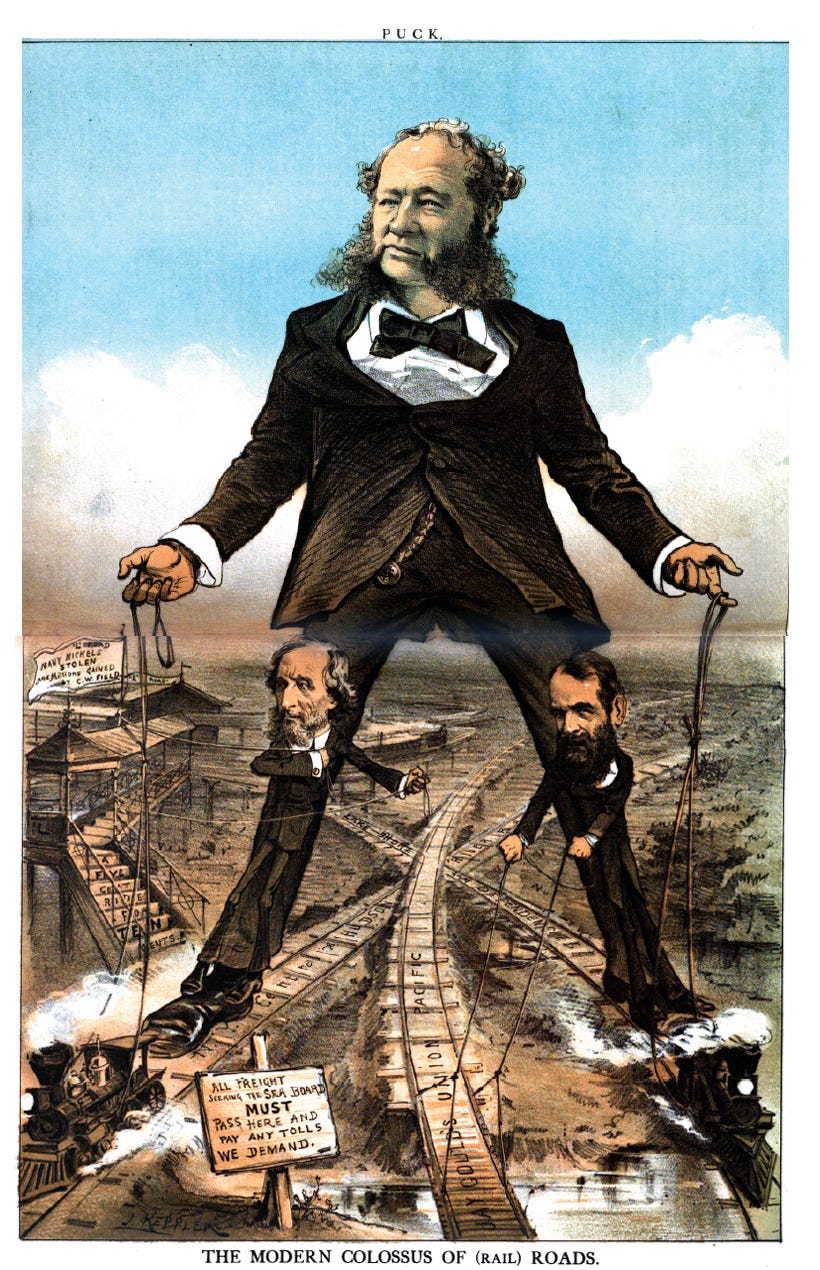
Two Examples
There are two classic examples of monopsonies.
The first is an individual firm may purchase all of the resources in a particular area to the extent that no other firm has the ability or option to purchase those same resources. Competition has been cut off. Once the competition has been cut off, then the firm’s purchasing power of those resources shifts so dramatically that they can command whatever price keeps resource production high enough. If you think about mines in Africa, the price paid is the minimum price to get the desired quantity/quality. There is no thought to humanity, only the firm’s profit margins. These margins may be increased, and competition can be cut off up to the point that it costs the firm more than acquiring the resource under normal competitive rules.
The second is the purchasing of labor. Suppose that a town existed in Alabama, and the majority of the economic flow through the town came through one employer. Doctors, grocers, cooks, seamstresses, and everything else in the town served as ancillary services to the employees of that employer. The more the employer pays, the more the town can support. The less the employer pays, the more money is extracted into the employer’s bank accounts rather than infused into the town. However, in this situation, there is not just the monetary importance of each individual or family in earning an income; the entire town depends on those families earning that income. Thank goodness such an anti-competitive move would never be allowed in our country.
Wealth Transfer
So, what does this mean? How does this impact us other than the evils of corporate greed?
A monopsony creates an imbalanced wealth transfer. The rich are getting more prosperous than they are supposed to be by making the poor poorer than they are supposed to be. This breaks capitalism.
Capitalism depends on balanced wealth transfers. As the rich get richer, a new outside challenger innovates and rises to redistribute wealth to the poor. This is accomplished through retraining and education, which leads to higher wages. The system is optimized, and the wealthy get wealthier until a challenger arises; the cycle continues.
In a monopsony, no challenger can arise from the outside. Instead, the only way to break this is through a union. However, in this global economy, unions are not as helpful as they once were, and they end up scaring away that employer or firm to greener pastures.
Government support
The problem for modern Americans is that our government does not recognize the issues that monopsony presents to our economy. The primary reason for this is that a monopsony skews numbers. The wealth generated often exceeds the poverty created. So, we see a nation’s or corporation’s GDP increase while the people get poorer. On top of that are the policy positions that protect monopsonies because they are a path to maintain American dominance in the global market. If we start breaking down monopsonies, our dominance diminishes because that’s how capitalism functions.
TikTok
If you are following the removal of TikTok in the United States, then this is a question of maintaining not a monopoly but a monopsony. Our government wants American tech companies to be the only buyers of American user information. You can see the economics playing out almost precisely as Joan Robinson predicted in her book describing a monopsony.
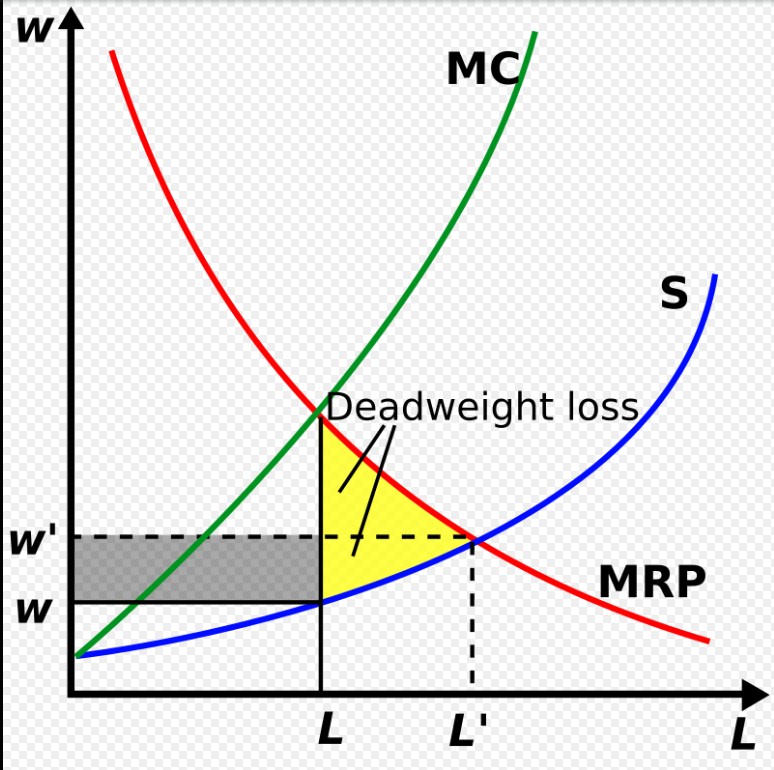
Monopsony Creates Black Holes
What the wealth transfer does to the broader economy is create black holes. These holes can be filled by government intervention and taxation because this intervention and subsequent taxation ensures the wealth transfer is balanced – a rising tide raises all boats rather than the rising tide because so many ships have sunk.
The two most commonly recognized black holes in early 21st-century American society are student tuition and healthcare costs. Both of these cases result from a class of people being too rich, and the government is unwilling to break the monopsonies by taxing these individuals and corporations to balance the wealth in the economy. Tuition has risen so sharply in my lifetime that only the wealthiest can attend. This, in turn, will lead to better job opportunities because they have the expertise, and because they have the expertise, they will maintain the wealth. This will eventually create a nobility class. This is already happening.
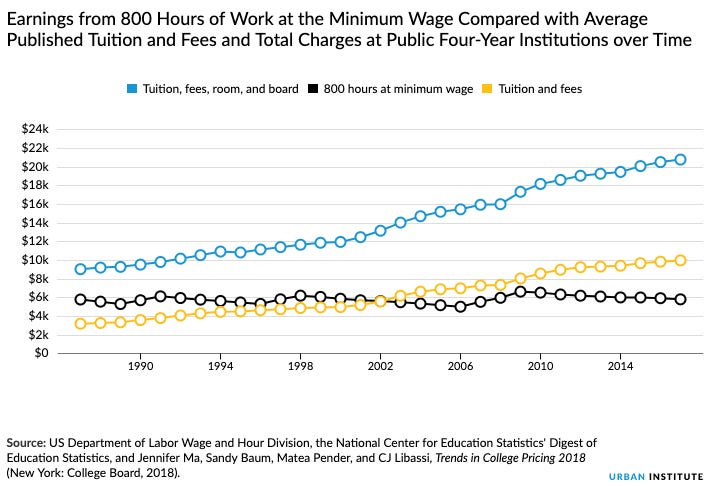
Dropping the Bottom out
If student tuition is barring opportunities at the top end of our society, then healthcare is sucking the money away from the lowest in our society. The average american spends double for the same care as other countries. In 2000, around 350,000 people in the United States went bankrupt for life-saving medical care (accounting for 40% of bankruptcies). Another 250,000 people were under significant financial stress (or dropped below the poverty line) for healthcare. Do you think it is more or less now? That is more than all the western nations combined by 600,000 people. Healthcare is not a cost you can recoup… ever. It is the definition of a black hole.
Healthcare is a tax on the poor as a result of maintaining corporate monopsonies. Monopsonies keep the economy from trickling down. They are designed to be a stopper on that trickle so that the wealthy get more wealthy and the GDP rises.
Imports and Export
The best way to think about a monopsony (or monopoly) is that they both import wealth and export poverty. This works well when the nation can export its poverty to other countries. It is what made ancient Rome so wealthy. They imported wealth from across the Mediterranean and exported their poverty across the Mediterranean.
The British Empire did this from Queen Elizabeth to Elizabeth. Their island nation was so small that they didn’t have much poverty to export, and the whole world had a lot of wealth to import. It is why they were so successful.
Americans did this initially under Teddy Roosevelt but utilized this to its full power under Ronald Reagan. It is why Reagonomics worked. We exported our poverty to Micronesia, Indonesia, and China to manufacture our goods cheaply, which allowed the excess wealth to flow into America. However, America is a significantly larger nation than Britain and competing with larger nations to maintain a monopsony. There is only so much poverty we can export and only so much wealth to import. So we have started monopsonizing our populace. This is why the interior gets poorer despite the rise in GDP. This is why eggs cost so much for the ordinary person despite all signs that our economy is improving. There isn’t wealth to import and poverty to export to other nations. The rest of the world is full for now. So we do it to our citizens. Like when Amazon makes sure to monopsonize small towns or cities across the country with tax cuts that ultimately save them money for the promise of jobs.
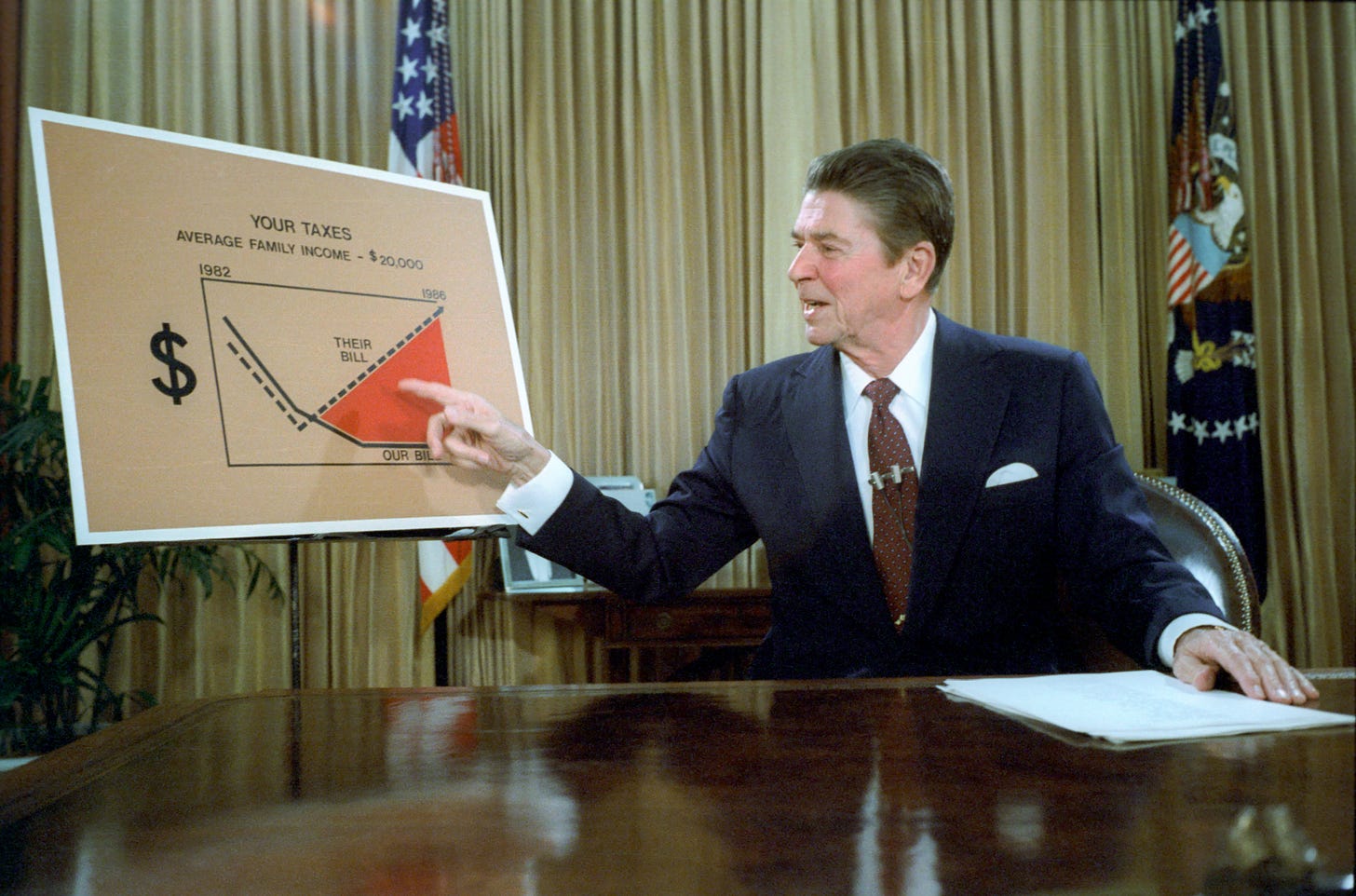
Next week
What questions do you have about monopsonies? Have you ever heard of a monopsony before? Describing one opens the possibility to explain why capitalism is failing. For me, I have found the mechanism of monopsony to be a powerful explanation behind the resurgent rise of racism, classism, and patriarchy in Christianity. Next week, we will apply the concept of monopsony to Christianity in America from the 1950s to the present day. What you will find is how we created a cheap religion, just like we created cheap clothes. The ultimate peril is the same one that Dietrich Bonhoeffer wrestled with when he penned the idea of Cheap Grace.
Hey, if you found this article or any of my others helpful, would you share it on social media or with someone you think might like to learn about this, too? This work is free to all, but you help me by sharing it.


